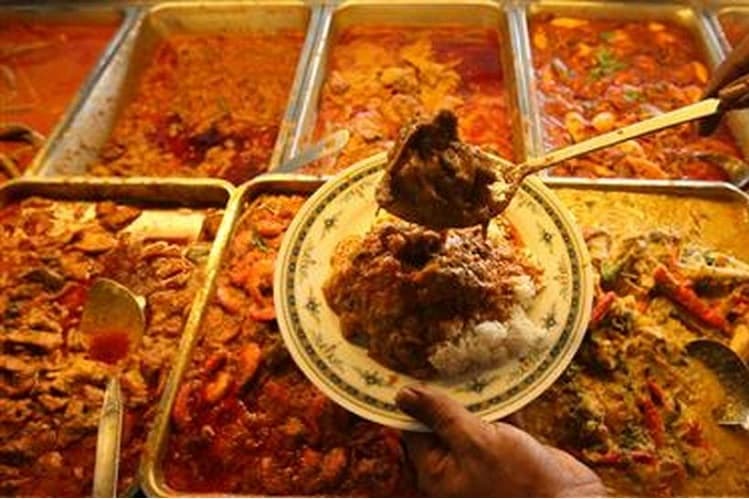
KUALA LUMPUR (June 9): Malaysian hotel operators suffered an estimated loss of RM135 million in food and beverage (F&B) revenue during the fasting month of Ramandan this year, as the Covid-19 pandemic restricted large gatherings.
Hotel operators have traditionally relied on the “buka puasa” buffet sales during the fasting period to help narrow the losses from lower room booking during the month.
“The Ramadan month has always been a F&B income generator, with most prominent hotels catering to 'buka puasa' buffet for corporate clients as well as families,” said Malaysian Association of Hotels (MAH) chief executive officer Yap Lip Seng.
“With the Covid-19 pandemic literally crippling the F&B dine-in business, the industry recorded an estimated RM135 million losses in revenue just for the one-month fasting period,” Yap said in a May 31 report on the local hotel industry, based on interviews with 402 hotels nationwide.
The survey revealed that 38.81% or 156 hotels had estimated their losses at below RM100,000 while 2.99% or 12 hotels lost over RM2 million. On average, each hotel incurred a loss of RM336,000.
Meanwhile, while Malaysians may be able to have that long-awaited haircut, a relaxing facial or take a domestic holiday under the Recovery Movement Order Control which begins tomorrow, one thing they would still need to wait for are hotel buffets.
Hotels in Malaysia are not expected to serve a buffet spread anytime in the foreseeable future.
“There is little or no hope to revive the buffet business for hotels. With many hotels investing heavily in buffet setups and equipment dedicated for buffet, hotels would have to improvise in order to maximise its usage in a non-buffet environment. This could also mean an increase in manpower both for food preparation and serving as well as also service,” Yap said.